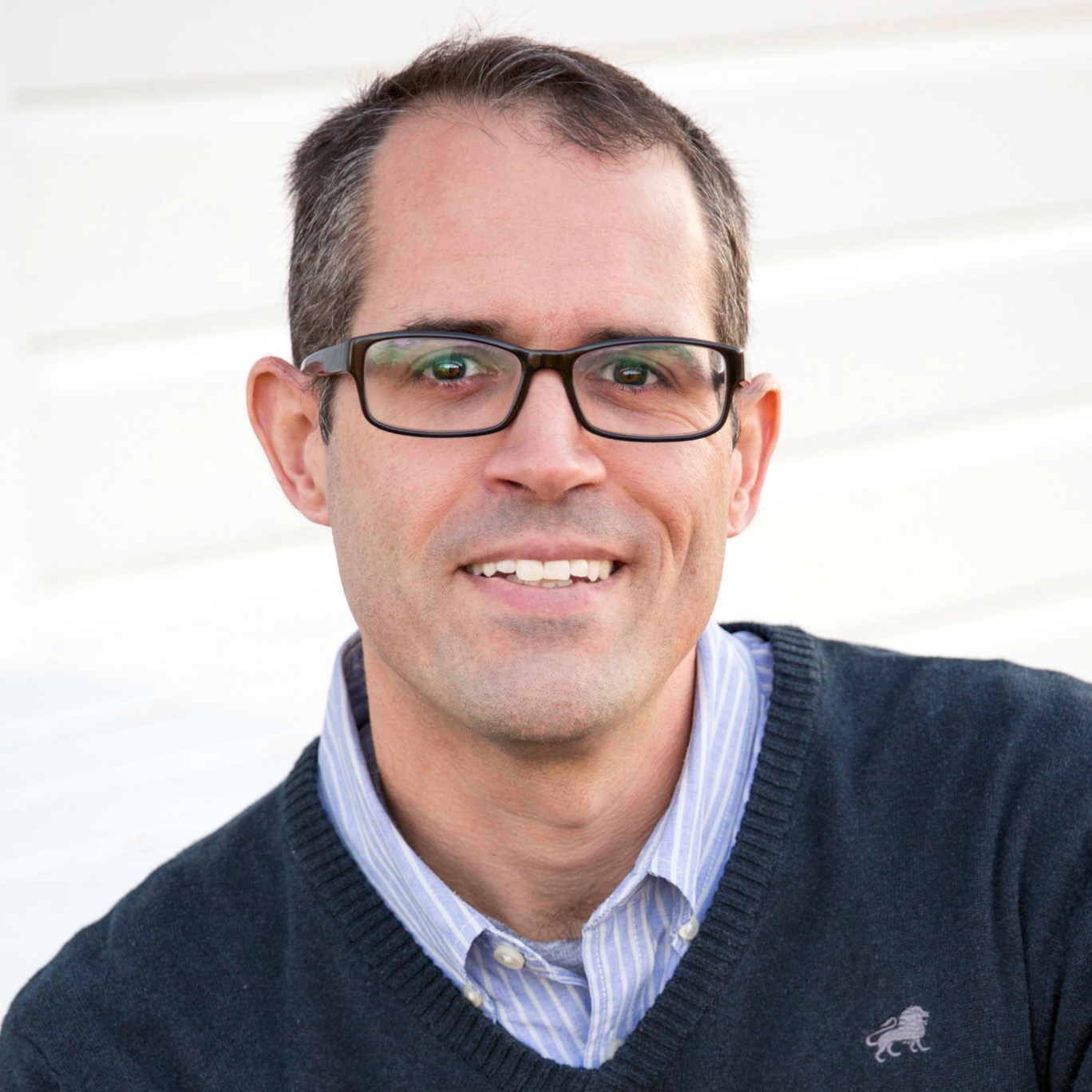Journalism Students Win Top Paper Awards at Conference
All five undergrads in “Law and Ethics” class have papers accepted

Two undergraduate students pursuing degrees from the Meadows, Dedman and Cox schools at SMU won first and third place honors for their papers presented at the annual Southeast Colloquium of the Association for Education in Journalism and Mass Communication, which was held virtually in March.
In addition, the conference accepted the papers of three other undergrads.
It’s unusual for undergraduate papers to be accepted, much less honored by the Southeast Colloquium, notes journalism assistant professor Dr. Jared Schroeder.
“It’s mainly focused towards graduate students and junior faculty,” he explains. “I’ve been going to this conference for years, and I’ve never heard of an undergraduate winning any awards. In fact, I’ve probably only met two or three undergraduates from other schools at the conference in all the time I’ve attended.”
In fact, the second place paper was penned by a joint JD/MA graduate student from the University of North Carolina, he notes.
The entire class of five students prepared the papers for the journalism course Law and Ethics in a High-Tech World, which Dr. Schroeder created for fall 2019. He hopes to offer it again, perhaps in 2021-22.
Dr. Schroeder treated the course like a graduate-level class because he knew many of his students were headed to grad school, and he felt they were up to the challenge.
He tasked them to write an in-depth paper about an unresolved question related to the First Amendment and emerging technology.
“They really ran with their ideas,” he says. “I required the final paper be at least 7,500 words. But, if I remember, most were much longer.”
Alexa Vickaryous, a junior pursuing a B.A. in journalism, a B.B.A. in finance and a minor in history, won first place with “The Future of Financial Privacy and Digital Currency Regulation.”
It sought to answer three questions: Should digital currencies be treated like regular currency? Are digital currency companies considered third-party intermediaries? Do digital currency users have a reasonable expectation of financial privacy?
“The complexity of her critical thinking and ability to connect these complicated concepts was just so impressive,” Dr. Schroeder points out. “I think that’s probably what impressed the reviewers too.”
Sean Griffith, a senior majoring in political science and philosophy with a minor in law and legal reasoning, earned third place honors for her paper, “CDA 230 & Its Quest for Liberty.”
CDA 230 refers to Section 230 of the Communications Decency Act, and grants interactive computer services immunity from liability for content published by third-party users. Griffith’s treatise examines Plato and John Stuart Mill’s philosophical theories of liberty in order to devise ways in which CDA 230 could be revised so as to regulate obscene and defamatory speech online, she explains.
“She was deconstructing and rebuilding different theories and ideas and applying them to big contemporary problems,” Dr. Schroeder notes. “This is so advanced.”
The three other papers accepted to the colloquium were: “A Revised Approach to New Voices Legislation” by Olivia Pitten, a senior who plans to attend law school; “Fake It, ‘Til You Make It: Making the Future Through Deepfakes” by Hannah Miller; and “The Effects of Cancel Culture on Social Networks” by Malayah Stewart.
Writing the papers was well worth the semester-long effort, say Vickaryous and Griffith.
“My biggest takeaway from this project is the importance of time management and critical thinking,” Vickaryous reflects. “In the beginning, I was daunted with the thought of writing a 7,500-word paper about two subjects I was only vaguely familiar with. Using organization and critical thinking skills, I was able to accomplish a project that I had believed was not possible. In the future, I believe these skills will translate into any job or project that comes my way.”
The assignment fostered unusual synergy among the students, Griffith notes.
“Although the class greatly enhanced my legal writing and research skills, I think one of the biggest takeaways was being able to collaborate with other students and professors in the writing and research process,” she observes. “Although we each wrote our own paper, it felt like a collaborative process because we were all learning how to approach certain legal questions that required complex research and data analysis skills.”
Dr. Schroeder couldn’t be prouder.
“I think they really showed how capable and bright they are – to themselves and others,” he says. “And I think they really showed the type of student we have here at Meadows.”